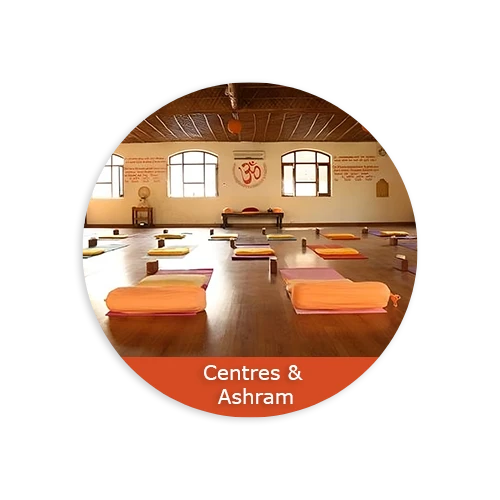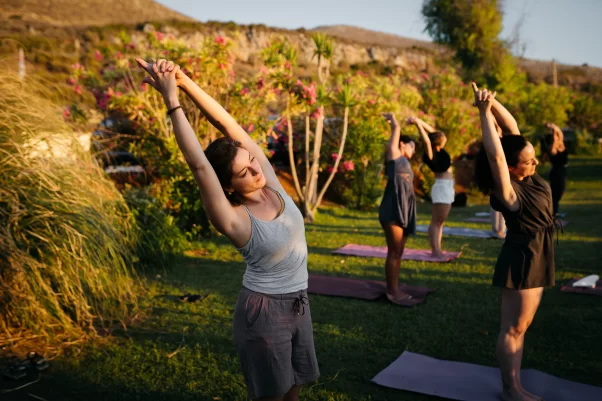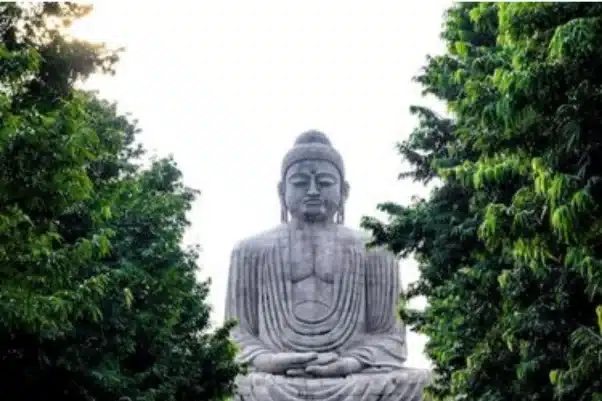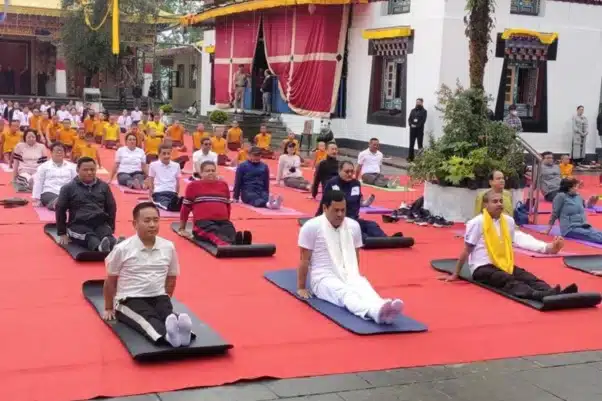Find Yoga Centres & Ashrams
Yoga In India
Believed to have its deepest roots in Yoga about 5000 years ago, India has its pristine presence and glory as the land of Yoga. Yoga has not only helped its aspirants in the communion of their Body and Soul but has also enriched human life with a purposeful existence, thanks to the yogic knowledge attributed to none other than the Adiyogi Lord Shiva himself.
The last few decades have witnessed more and more people turning to yoga as a supernatural remedy for health and wellness. The subject of yoga deals more with ‘MIND over MATTER’ adding more significance to enhance the emotional wellbeing to attain physical wellbeing.
Renowned yogis Swami Vivekananda, Tirumalai Krishnamacharya, B.K.S Iyengar, and many more have left their indelible mark by teaching yoga internationally in the 19th, 20th, and 21st centuries. Drawing the attention of several like-minded individuals to visit India and seek refuge in yoga for their wellbeing.
Yoga is commonly connected with yogic postures(Asanas) and vital breathing techniques(Pranayama) for physical fitness and mental relaxation, but ideally, it is much more than that. It is a comprehensive framework for living life, one should explore to connect to the self within to bring peace and harmony to oneself and others.
Structured as per the varied requirements of aspirants and needs, Yoga has found its name and place all over the world in the form of Ashtanga, Iyengar, Hatha, Vinyasa, and many other traditional lineages of Indian origin.
Top Yoga Destination in India
Types of Yoga in India







Yoga Masters of India

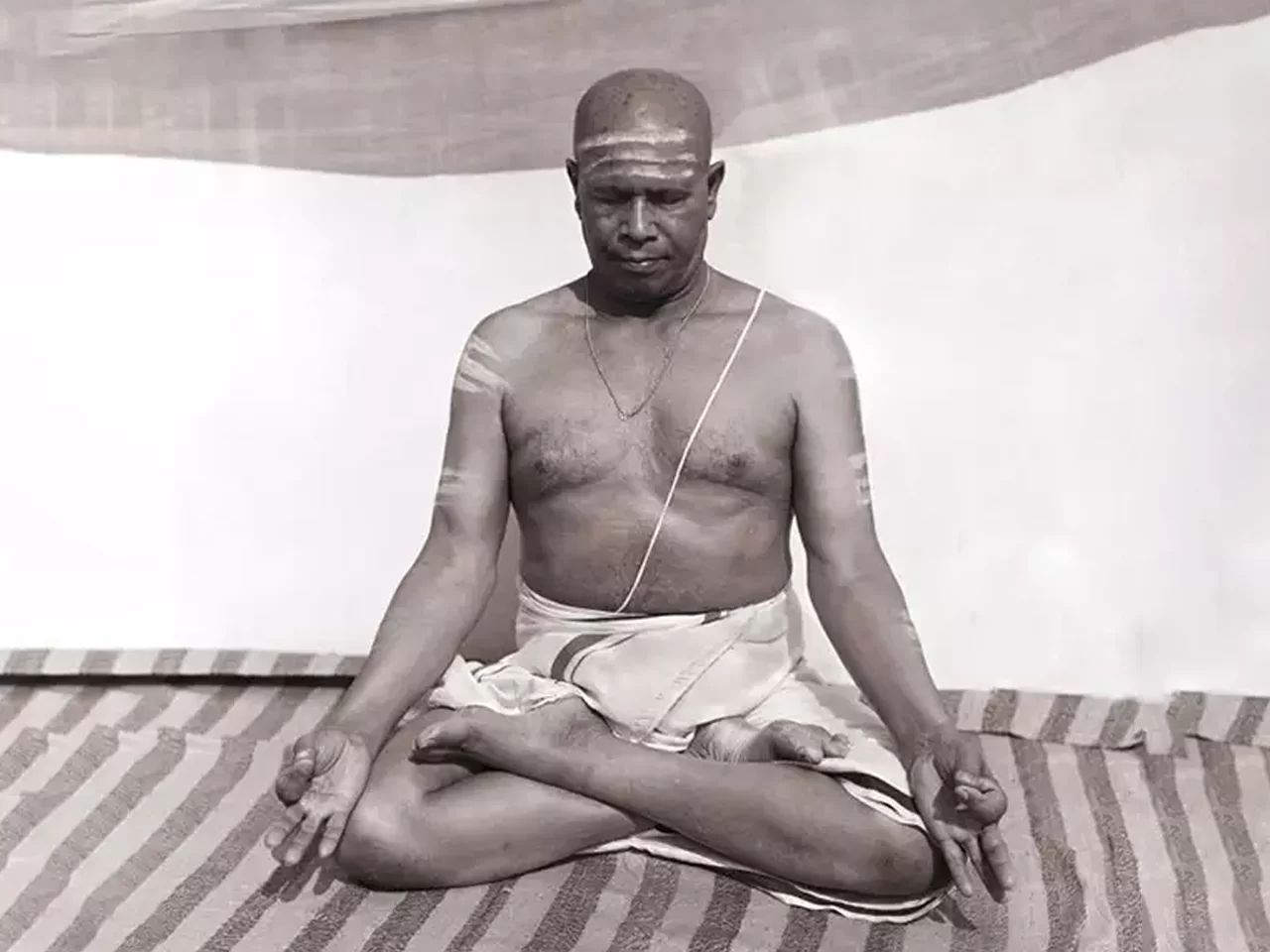
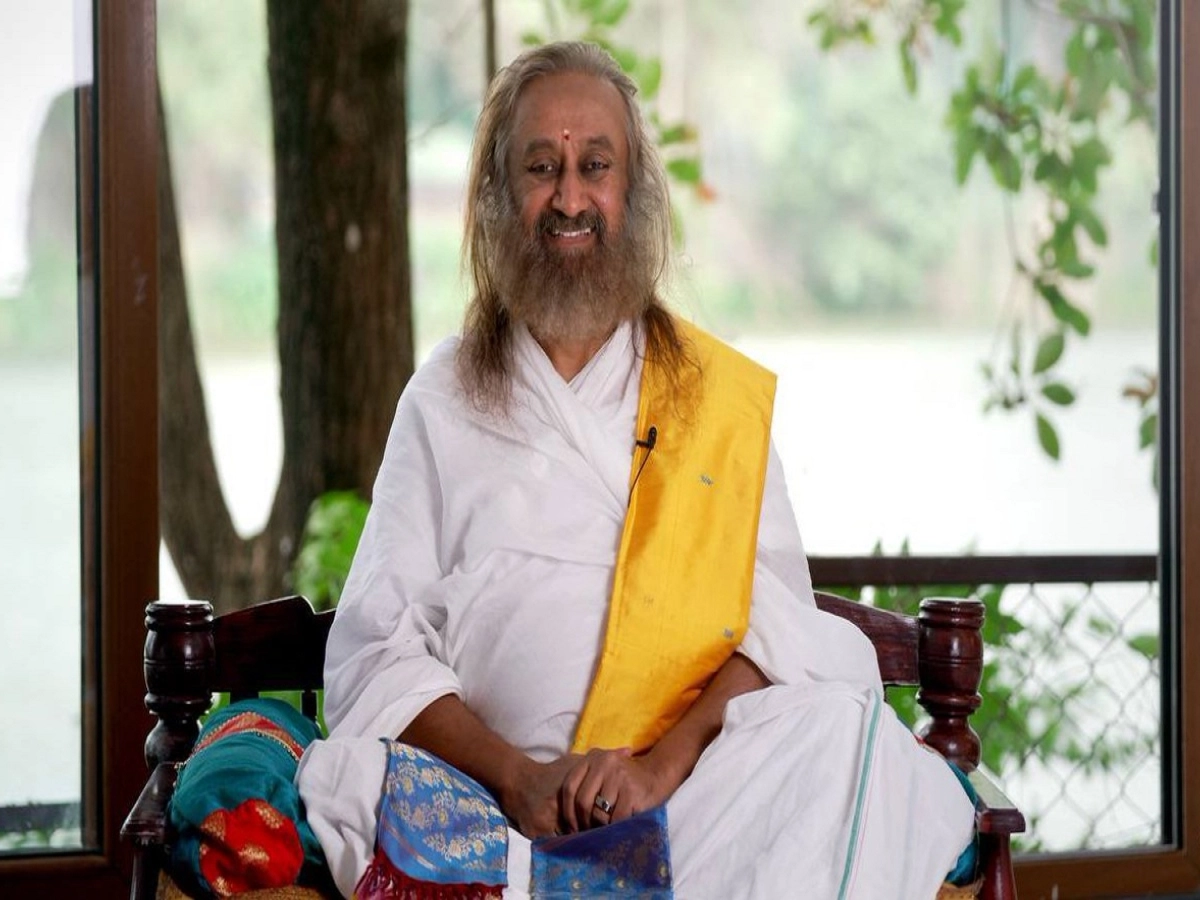


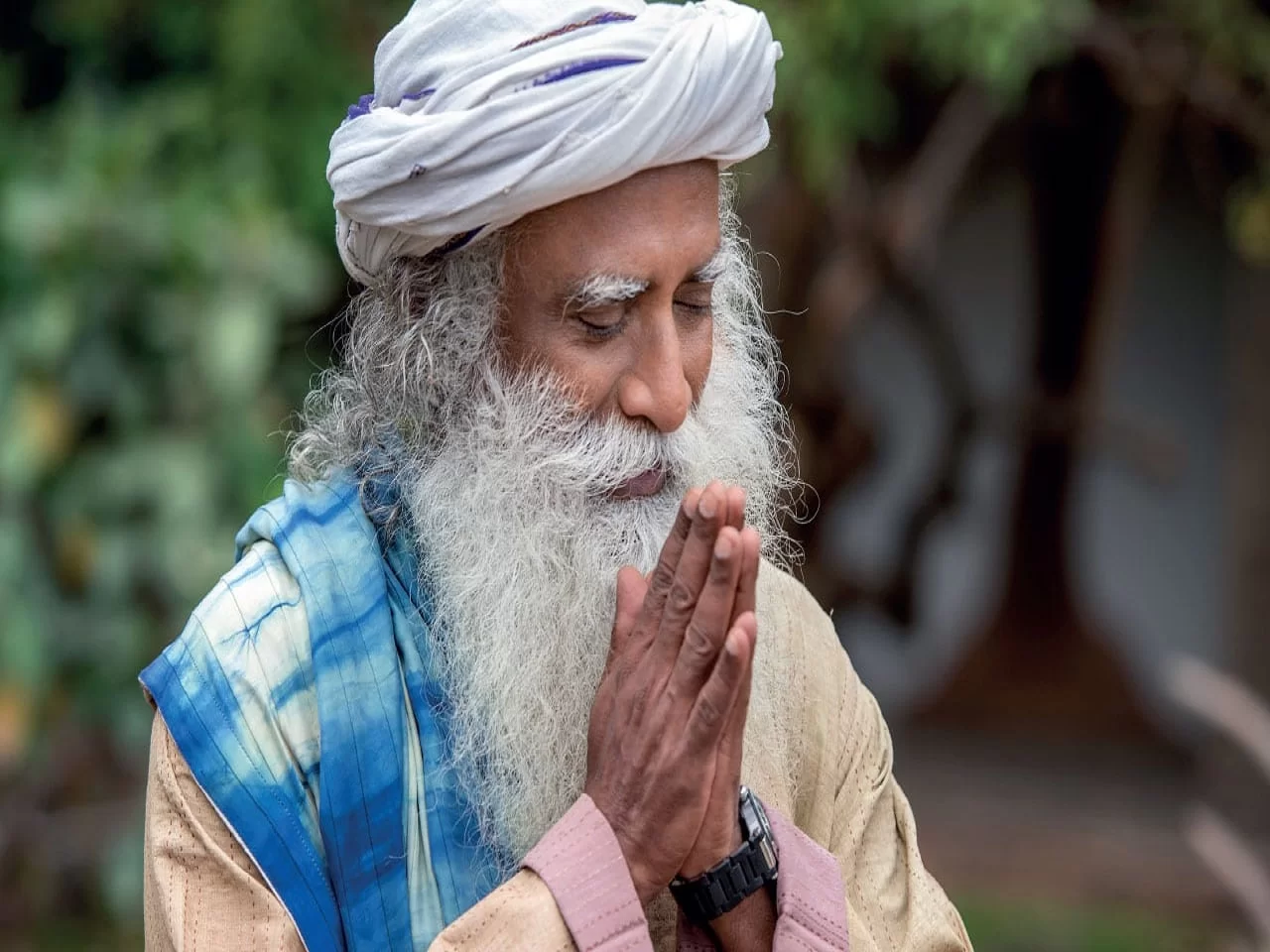
Sadhguru Jaggi Vasudev

Shri Mataji Nirmala Devi
Shri Mataji Nirmala Devi, a guiding light of compassion, spent over 40 years quietly touching hearts worldwide. Her mission? To share something special called self-realization, a way for everyone to discover their inner selves. She gifted a simple meditation technique, Sahaja Yoga, holds a unique, spiritual power waiting to awaken.

Swami Sivananda Saraswati

Swami Vivekanand


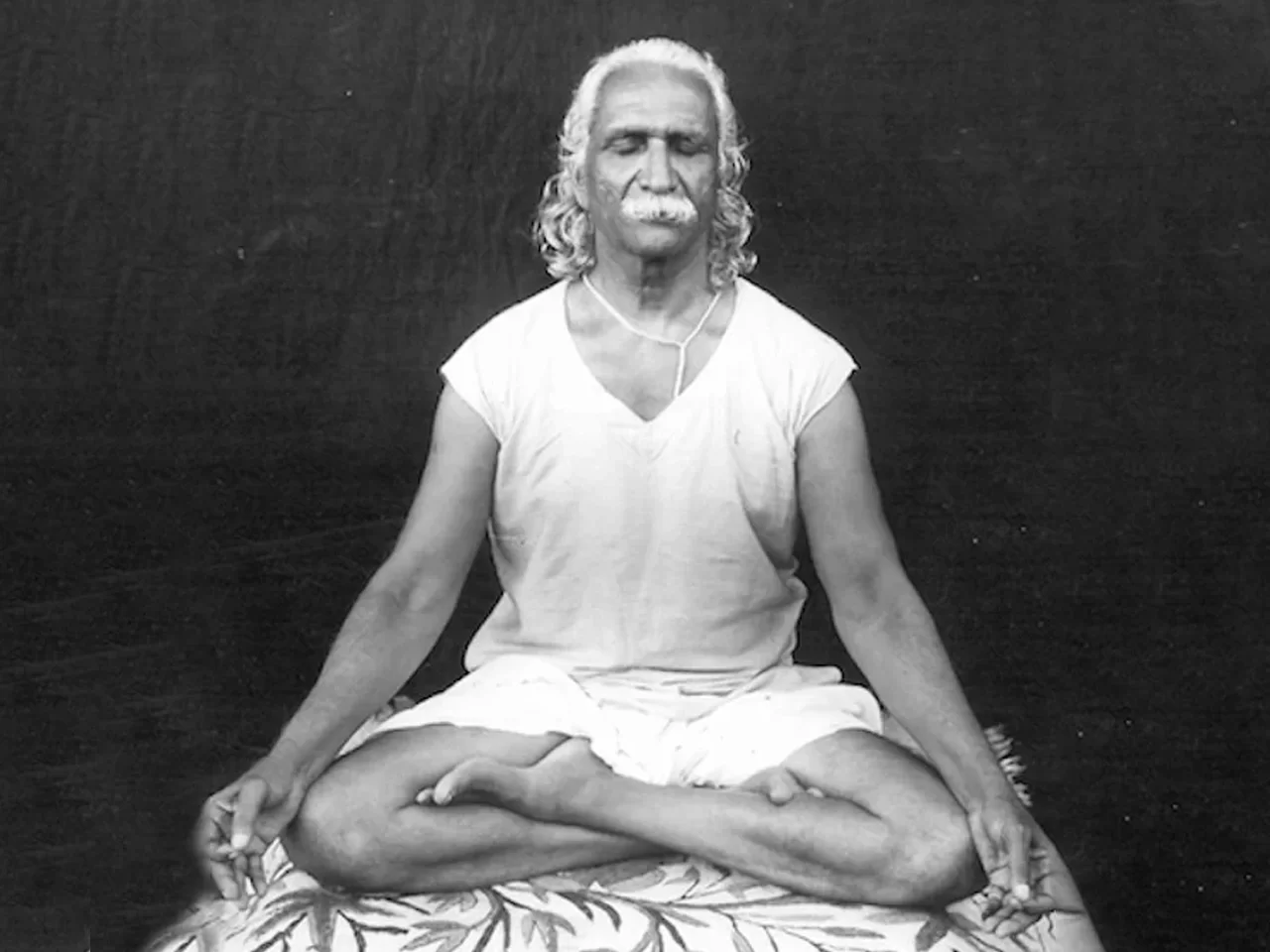

Blogs

Why Ashram Food Isn’t All Vegan
“Food makes your thoughts. What type of food you eat will be the type of thought and emotion and things that will come” Vishva-ji when referring to the wisdom of the Buddha’s advice on food In this wonderful video Vishva-ji relieves any angst that many people who practice Yoga can feel around veganism and vegetarianism…

Developing Your Self practice in Yoga
Self practice surely is an often neglected virtue in our modern times as the options and possibilities to join Yoga classes around the globe are endless. Yoga.in team would like to take this opportunity to recommend to you some authentic classes, each introducing one Yoga style in an easy-to-follow sequence.
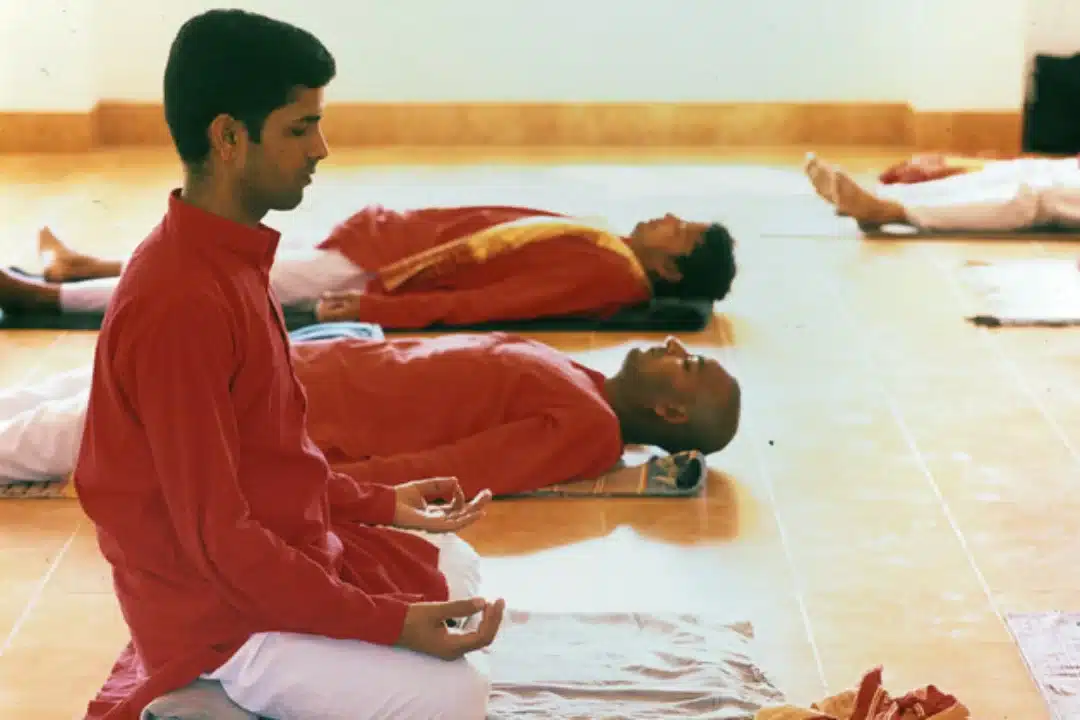
Our view on Yoga Nidra: To experience peace of mind
By Prashant Pandey In today’s world, there is one essential need for all of us; and if we find that need, we will gain satisfaction – that need is peace of mind. The last couple of centuries have seen our way of life change dramatically throughout the world; it’s one in which many people have lost…


